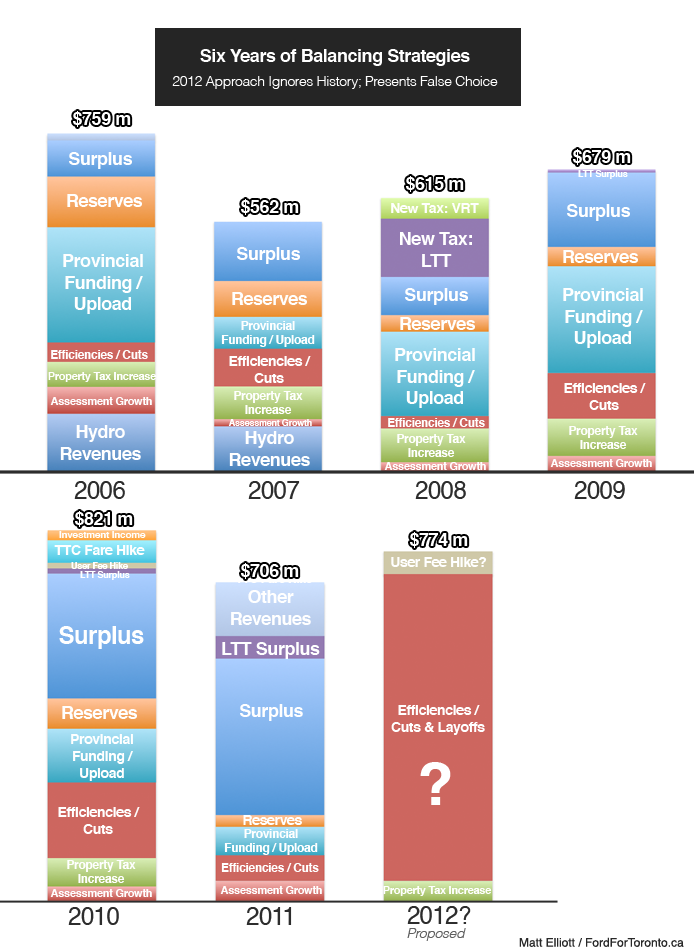Cleaning Up Dirty Surplus Items On The Income Statement_2
Post on: 21 Апрель, 2015 No Comment

Payroll
Federal corporate income taxes
Organizations that are exempt from federal corporate income taxes (501(c)(3)s and the other 501s of various sorts) do not pay federal taxes on net income (the surplus of revenues over expenses). That is the original meaning of exempt organization in the federal tax code (but some federal tax may still be due. see the discussion of UBIT below).
But there are still a lot of other taxes. And nonprofits do pay a lot of them.
Payroll and withholding taxes, etc.
Caution: Sometimes employers will shift the burden for complying with employment-related tax rules onto their employees by treating them as independent contractors. The IRS has pretty strict rules about what makes someone independent for this purpose, and there are sharp penalties for stretching the point too far. It’s worth a little research on the IRS website to be sure employees are correctly classified.
Sales tax
Caution: Some states and localities also have use taxes, which are imposed on goods that would have been subject to sales tax if bought locally when no tax was paid because the purchase took place in some other jurisdiction. Nonprofits often run into trouble when they can’t show they paid sales tax to local revenue agents for computers, books, and other items that can easily be purchased online.
State and local revenue (income) taxes
Again, there’s no general rule that applies in every state and city. Sometimes all nonprofit income is exempt. Sometimes it matters how the income was earned, or what it’s for. Sometimes the state or local rules parallel the federal tax statutes; sometimes they are completely different.
Property taxes
Probably the most common type of local tax exemption for nonprofits is from property taxes, which may apply to office equipment, automobiles and other personal property as well as to real estate. Usually the property has to be directly used in the activities that qualify for nonprofit status; property that is owned and rented out for commercial purposes probably is taxed just like the buildings up the street. Frequently there is an application that must be filed to claim property tax exemption and either a renewal process or spot checks by revenue agents to be sure the use of the property hasn’t been changed in a way that makes it ineligible.
Increasingly, cash-strapped local governments are seeking PILOTs (payments in lieu of taxes) from nonprofits, especially from large institutions and especially in cities where the tax-base is limited because of the number and size of tax-exempt organizations (both nonprofits and governments). Arrangements for PILOTs may be negotiated, and some large institutions agree to pay them because they accept the argument that they, and their employees and clients, benefit from the municipality’s services. In other cases, the negotiations can be difficult and result in bad feelings, or worse, affecting community morale.
Miscellaneous
State and local governments often face real difficulty meeting the expectations of their citizens for public services and expenditures. There have been reports from many parts of the country of special purpose taxes and fees (street lighting fees is one example) that can be applied across the board in spite of more general exclusions or exemptions for nonprofits or other groups. Generally, if this sort of arrangement is in place in a community, its existence will be well-known (even controversial) so there is only a small risk of embarrassment resulting from inadvertent non-payment.
UBIT
The acronym stands for Unrelated Business Income Tax. It’s pronounced you-bit.
Organizations that are exempt from paying United States corporate tax on income related to their exempt purposes must, nevertheless, pay tax at the standard corporate tax rates for any unrelated business income over $1,000 per year.
Earning unrelated business income (UBI) does not in itself call into question an organization’s tax-exempt status. The IRS may, however, question an organization where UBI makes up a very large proportion of its total revenue.

Income received from performing an exempt function (tuition, admissions for theatrical productions, hospital fees, and the like) is not UBI.
An activity must be a trade or business and regularly carried on to be considered a source of UBI. Income from a trade or business that is is regularly carried on and used to support the organization’s exempt functions is UBI; the use of the income is not a factor in identifying UBI.
There are several circumstances under which income that seems unrelated to an organization’s exempt purposes may not be classified as UBI. These are discussed in IRS Publication 598 — Tax on Unrelated Business Income of Exempt Organizations .
- If all or substantially all of the work involved is done by volunteers, the resulting income may not be UBI.
- If the income comes from something that is done primarily for the convenience of the organization’s members, patients, employees, etc. it may not be UBI.
- If a payment that supports the organization’s work (sponsorship) is accompanied by certain kinds of recognition of the support, it may not be UBI.
- Selling donated merchandise, operating bingo games, and the distribution of premiums in connection with fundraising activities do not usually result in income classified as UBI
Complicated accounting questions are found when an organization uses common facilities and has employees that are engaged in both exempt and unrelated activities. Allocating these expenses properly can be difficult; errors can expose the organization to additional taxes, penalties, and unfavorable publicity.
Nonprofits that are exempt from corporate income taxes must generally file an information return (called From 990) each year with the Internal Revenue Service; there are several versions of this form, used in different circumstances; they are listed at this link. UBI of less than $1,000 is reported on the form but does not require the preparation of the tax return (Form 990-T) or the payment of UBIT.
Since August of 2006, every filing exempt organization has been required to provide a copy on request of its completed Form 990-T under the same rules that apply to the Form 990 and Form 990-EZ.














